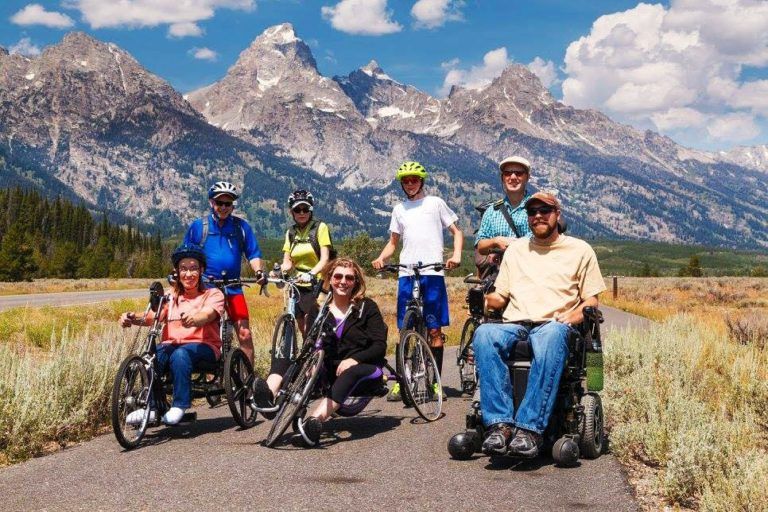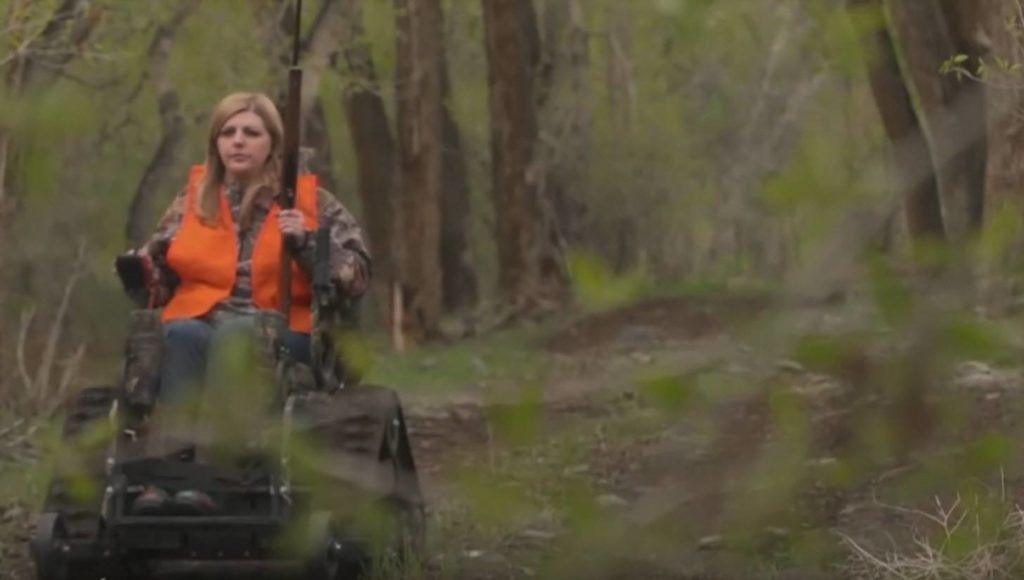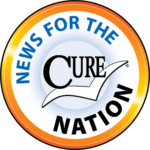 Ashlee Lundvall from Cody, Wyoming, was born to be an athlete. In high school, she played sports all year,including basketball, volleyball, fast pitch and slow pitch softball. In the summer of 1999, as a teenager, she went to asummer camp at a working ranch and also helped take care of the ranch animals. Before an afternoon backpacking trip up into the mountains, Lundvall went down to the lower corral that held steers and horses.
Ashlee Lundvall from Cody, Wyoming, was born to be an athlete. In high school, she played sports all year,including basketball, volleyball, fast pitch and slow pitch softball. In the summer of 1999, as a teenager, she went to asummer camp at a working ranch and also helped take care of the ranch animals. Before an afternoon backpacking trip up into the mountains, Lundvall went down to the lower corral that held steers and horses.
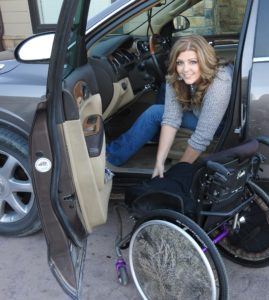 She climbed up on a hay rack, broke open a bale of hay to feed the animals and reached with the pitchfork as a chunk of hay fell off the bale. She fell on the pitchfork handle, and her world changed dramatically. Lundvall became paralyzed from the waist down. She went through physical therapy, graduated from high school and obtained a college degree in public affairs and civic leadership. She considered attending law school but instead got a master’s degree in Biblical counseling.
She climbed up on a hay rack, broke open a bale of hay to feed the animals and reached with the pitchfork as a chunk of hay fell off the bale. She fell on the pitchfork handle, and her world changed dramatically. Lundvall became paralyzed from the waist down. She went through physical therapy, graduated from high school and obtained a college degree in public affairs and civic leadership. She considered attending law school but instead got a master’s degree in Biblical counseling.
Ashlee shares her perspective with the CURE NATION below.
When I fell off the hay rack in a ranching accident and landed with my T12 vertebra on the handle of a pitchfork, the doctors told me I’d never walk again. My biggest fear wasn’t walking, it was that I wouldn’t be able to go into the outdoors anymore.
I was pretty confident that the outdoors wouldn’t be accessible to me in a wheelchair, and I hated the thought of having to spend the rest of my life in the house or in the city.
I needed several months to get my attitude right.

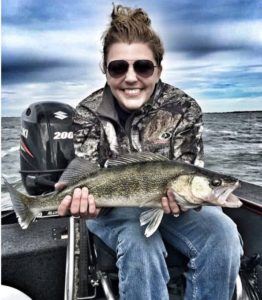
However, because of my family and friends, I realized I could get back outdoors, if I was creative, found the right equipment and had support from other people. I worked diligently to regain my independence and the ability to be outdoors and participate in outdoor activities like:
- fishing,
- hiking,
- backpacking,
- hunting,
- 4-wheeling,
- sightseeing,
- outdoor photography,
- hand cycling and
- others.
My legs might not work anymore, however, I still had the competitive drive I’d developed playing sports year-round.
Video: Ashlee Explains Why She Pursues the Outdoors in a Wheelchair
I decided that instead of a volleyball or a basketball court or a softball field being the arenas where I played sports, all the outdoors would become my arena. I took my push wheelchair and went to accessible hiking trails and camping trails and other relatively easy and accessible places to reach.
Then, I decided I wanted to kayak, fish and hike off the grid and looked for those types of opportunities.
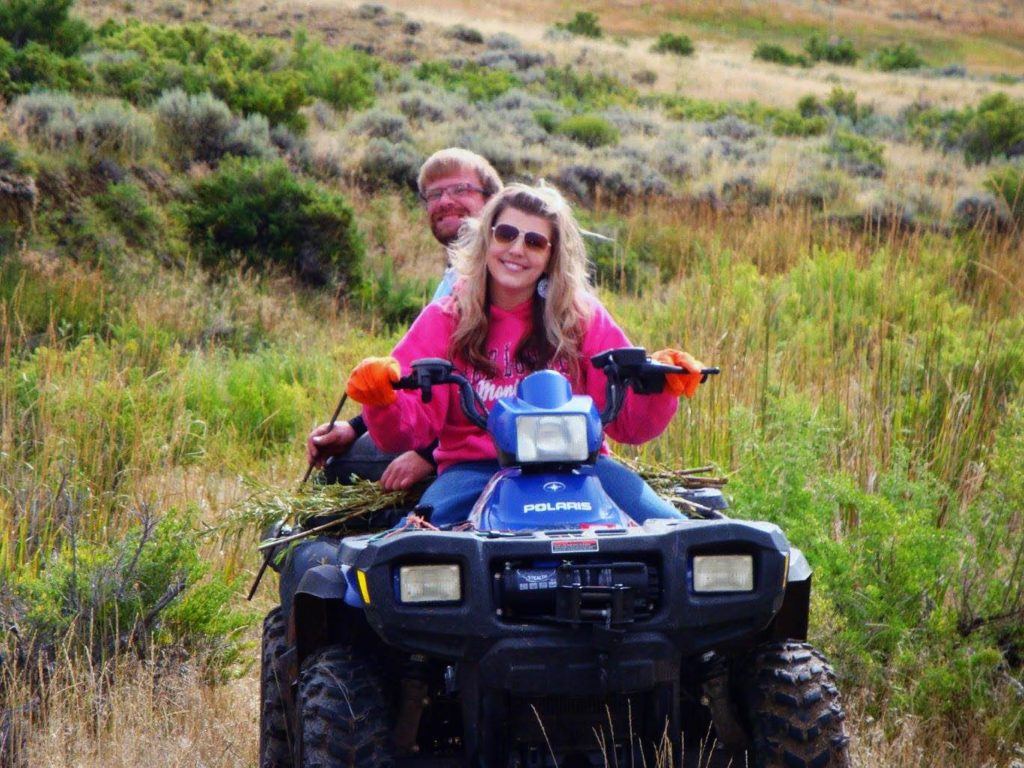
I married my husband Rush, we moved to Wyoming, and he began to teach me about the shooting sports, hunting and 4-wheeling. I soon learned how to do many other outdoor sports that I thought never would have been possible right after my accident. Today, I go outdoors much more often than I ever did before my accident.
I’m even more active now than I was when I wasn’t paralyzed.
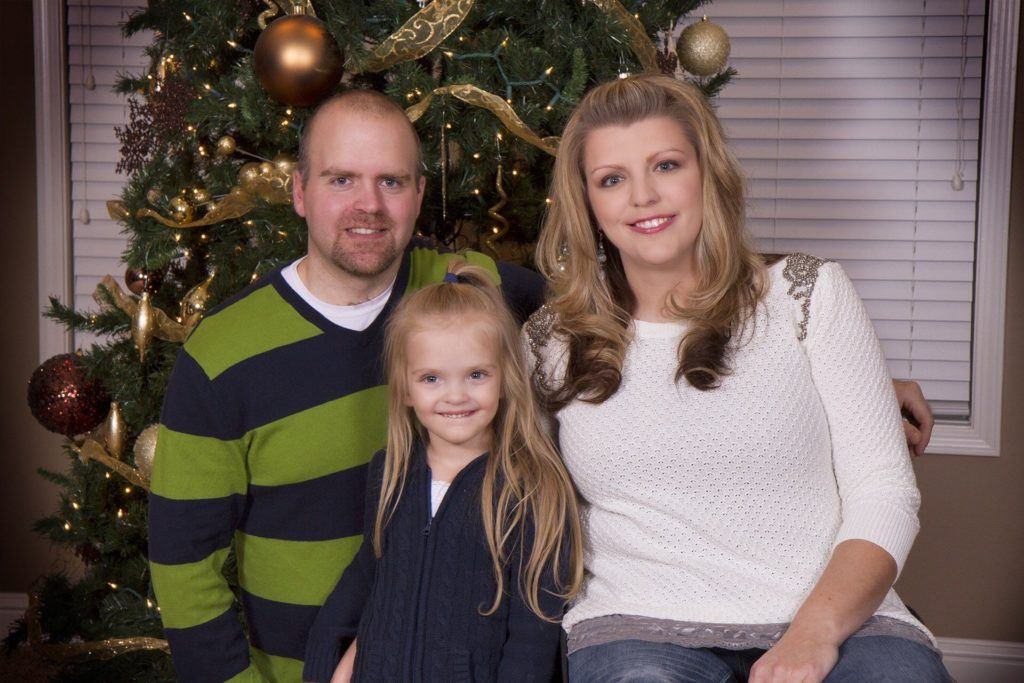
Ashlee Says the Accessible Outdoors Gap Needs Filling
For many years now, I’ve seen a gap between the outdoor industry and people with disabilities that hasn’t been created by either of these two groups. A large majority of people with disabilities don’t know anyone in the outdoor industry, and many outdoor companies know few, if any, outdoors people with disabilities.
The disconnect between these two groups hasn’t intentionally happened. They just didn’t know how to connect.
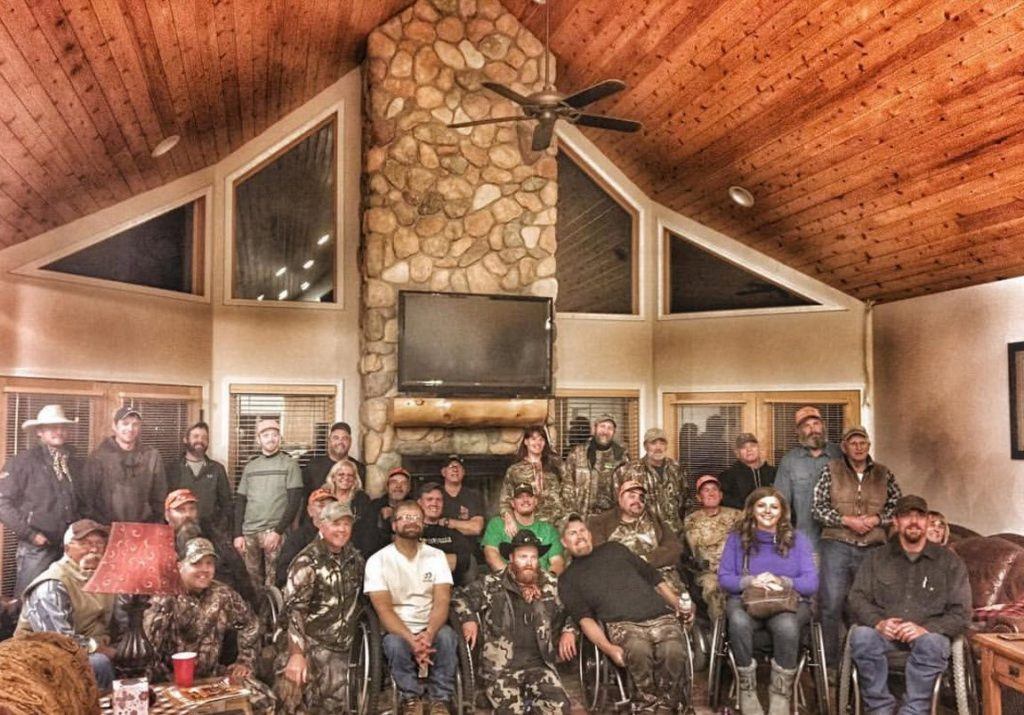
Deep in my heart, I’ve realized there has to be a way to bring these two groups together. Since more than 50 million people have some type of disability, with 2.2 million people in the U.S. in wheelchairs, and hundreds of outdoor companies that want to help create outdoor equipment for this big demographic, I’ve decided that I want to fill in the gap between the outdoor community and the people with disabilities who want to participate in outdoor sports.
I’ve learned that if you can’t find a solution to a problem, you need to be the solution.
For some years, I’ve felt that a major purpose in my life is helping other people and staying humble through the process. In the last 2 years, Rush and I have discovered many ways to help manufacturers in the outdoor industry and people with disabilities enjoy more access to outdoor sports.
In 2016, I decided to attend the Shooting Hunting Outdoor Trade (SHOT) Show in Las Vegas, Nevada, as a member of the Professional Outdoor Media Association (POMA). I’d started a blog several years earlier and learned that I could qualify to join POMA with that writing experience. I’d met many helpful friends as a member of POMA, and many of them recommended that I go to the SHOT Show.
I set-up some appointments with some of the leading outdoor industry companies, but I didn’t know how we’d be received. Or, let me say, I didn’t know how I’d be received as a lady in a wheelchair, who was an outdoors advocate.
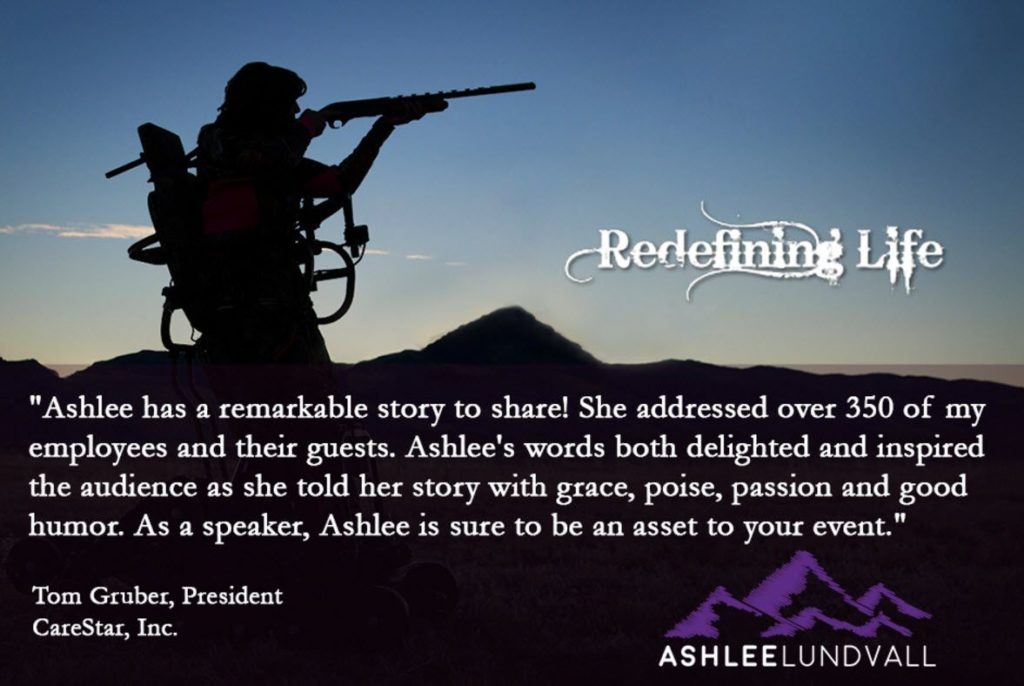
However, once I arrived at the SHOT Show, I was surprised at the large number of people in the outdoor industry who were warm and welcoming to Rush and me. They also were interested in our mission of bringing people with disabilities and outdoor manufacturers closer together, encouraging the research and development required to produce adaptive outdoor equipment and marketing the equipment these companies already had created to people with disabilities.
Each company we met with wanted to know how it could help,and what it could do to develop equipment for people with disabilities.
We were really encouraged by their, “We want to help,” attitude. These companies were as excited as we were about how to bridge the gap between the outdoor industry and the community of people with disabilities. The relationships we built at that first 2016 SHOT Show grew, and the people we met in 2016 introduced us to even more outdoor people at the 2017SHOT Show. We’re really excited to see what’s happening with these companies.
Ashlee Lundvall Expands Her Reach through the NRA
I’d been a member of the National Rifle Association (NRA) for many years and wanted to learn about their adaptive shooting program. As I became more involved, I reached out to Dr. Joseph Logar, the head of the National Rifle Association’s Adaptive Shooting Program, who had a doctorate in physical therapy.
Dr. Logar understood the physical aspects of many disabilities and knew how to adapt the shooting sports to enable these people to shoot trap, skeet, three gun competitions and all the other shooting sports.
After that first meeting, I joined the National Shooting Sports Foundation’s Committee for People with Disabilities. Our committee works on ways to let people with disabilities learn more about the shooting sports available for them, and how they can participate in these sports.
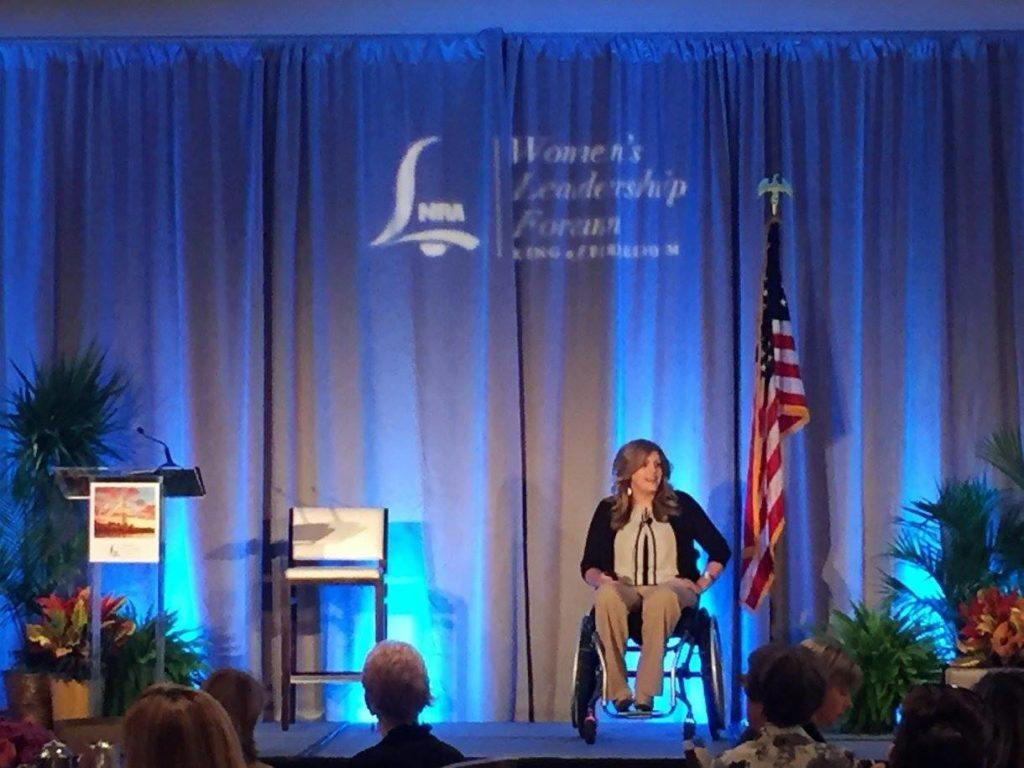
Ashlee Receives the Safari Club International’s Pathfinder Award
I became a member of Safari Club International (SCI)( www.safariclub.org/) several years ago when I learned about the organization’s conservation efforts around the world. Many people don’t realize that the Safari Club is actually a conservation organization and does some fantastic work to help preserve, protect and increase the numbers of wild animals around the world.
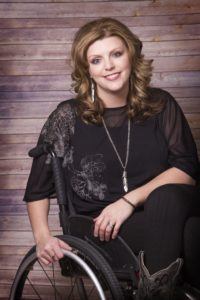 After joining the organization, I learned about their Pathfinder Award for outdoors people who have “challenges in his/her life that causes him/her to find new ways to live and be engaged in outdoor events/projects.”
After joining the organization, I learned about their Pathfinder Award for outdoors people who have “challenges in his/her life that causes him/her to find new ways to live and be engaged in outdoor events/projects.”
I started applying for it 5 years ago. Each year, I updated the list of projects and organizations I was working with to promote conservation and to increase opportunities for people with disabilities to engage in shooting and hunting activities. Members encouraged me to keep applying for the Pathfinder Award and to continue to update my resume.
They also asked me to stay involved as much as I possibly could in my conservation work and making the outdoors accessible for people with disabilities. This year, I was honored to have learned I won the Pathfinder Award.
Ashlee and her Family Head to Africa
In May, 2017, I’ll be flying to Namibia with Rush for a 10-day safari. We may be able to take our daughter Addison on the trip. I’ll be hunting 10-12 different plains animals. I was given this trip as a reward from the Safari Club International for winning its Pathfinder Award.
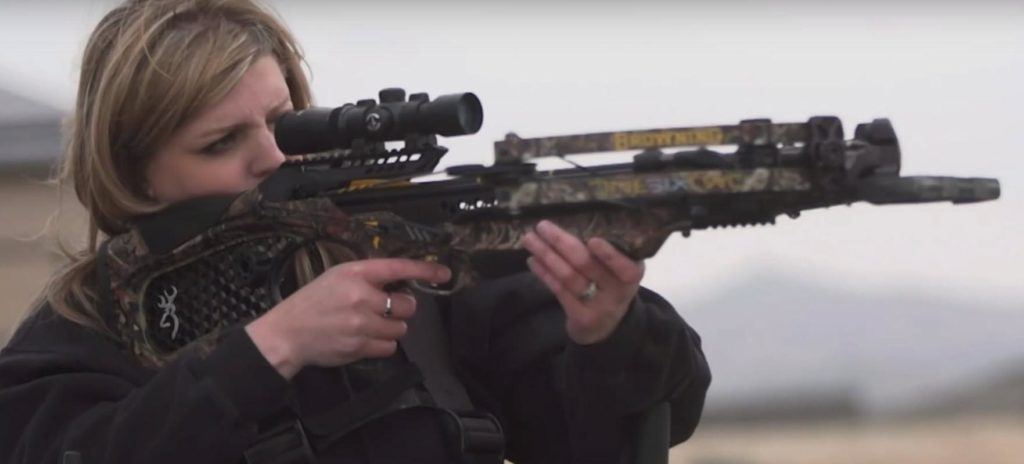
Every year, Safari Club gives this award to one or two hunters with challenges in honor of their achievements and their work to bring attention to wildlife conservation, and the growing number of opportunities for people with disabilities to hunt and enjoy the outdoors and to promote hunting for everyone.
Safari Club International is the only large organization that gives any type of recognition to hunters with disabilities.
Ashlee Has a History of Blazing New Trails
In 2012-2013, I first heard of the Ms. Wheelchair USA Pageant, but I was somewhat turned off by the idea. I’m more or less a tomboy, I love the outdoors, and I never saw myself as a pageant girl. But I soon learned that the pageant wasn’t a beauty pageant but rather a pageant to give women in wheelchairs a platform to be an advocate for issues important to them.
At that time, I didn’t know many other women in wheelchairs. I became excited to go to the pageant, meet these other ladies and learn what they were doing in their communities for people with disabilities.
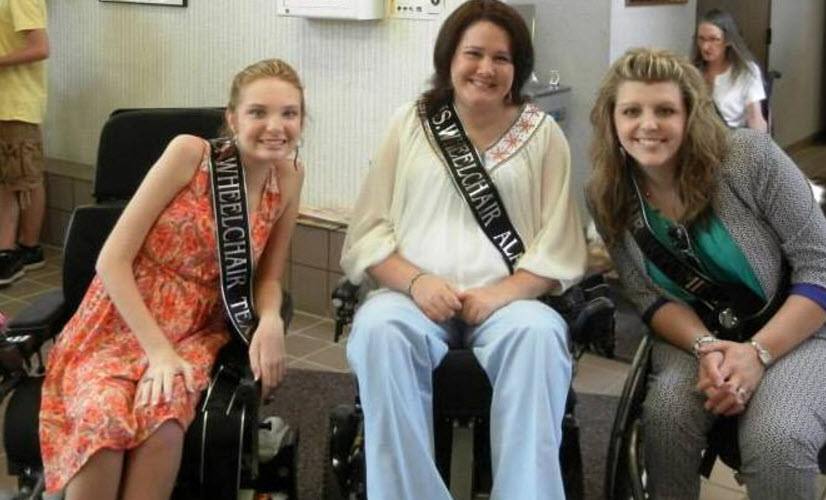
I won Ms. Wheelchair Wyoming in 2013 and went to the national contest where I was honored to win the Ms. Wheelchair USA pageant in 2013. For the next year, I traveled all over the country promoting my platform – accessible outdoor recreation.
Through the experience, I learned I really enjoyed meeting other people and speaking to groups – and that kick-started my motivational speaking business.
In 2016, I was chosen as a finalist for the Extreme Huntress Competition, created 7 years ago by Tom and Olivia Opre of Tahoe Films to preserve our outdoor heritage and create positive role models for all women who wanted to participate in hunting.
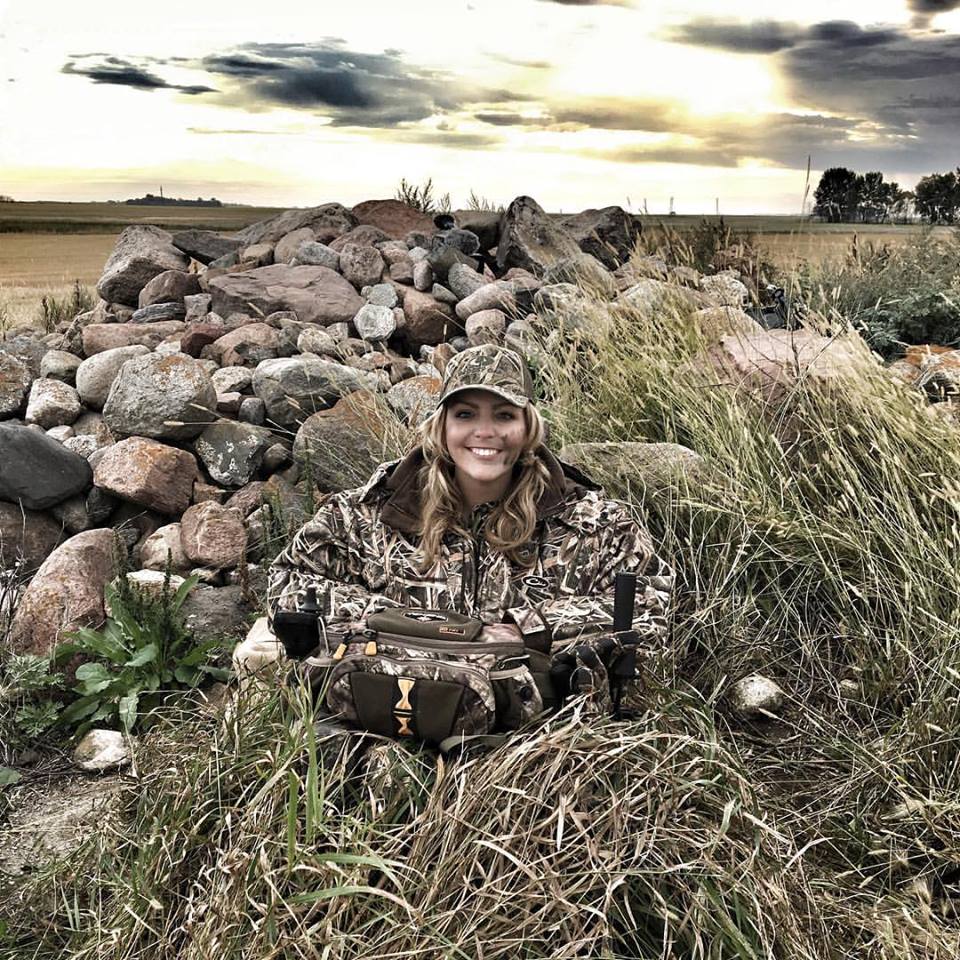
This competition was designed to show how tough women were, their self-sufficiency and what they would do to hunt and put wild game on their tables for their families. The top six of the 20 finalists were then hosted by the 777 Ranch in Texas where they spent a week with the Opres and their TV production crew, going on skill challenges, hunting and speaking on conservation.
At the end of the competition, the winner was announced at the Safari Club. I was fortunate to qualify for the top 20, but not the top six finalists. I do plan to compete again in 2017.
As the first woman to ever compete in this contest in a wheelchair, I’m attempting to break down barriers and show that people with disabilities can compete.
There are many more opportunities in the outdoors for people with disabilities than we’ve ever dreamed.
Also in 2016, I’ve enjoyed working as the marketing director at Able Outdoors Magazine that promotes outdoor adaptive adventures, equipment and travel for people with disabilities. The publication was started by Chad Waligura who is a quadriplegic.
 Learn More About Ashlee Lundvall
Learn More About Ashlee Lundvall
To learn more about Ashlee Lundvall, visit her website at www.ashleelundvall.com where you can contact her. The website also offers resource tabs that include: places that people with disabilities can hunt in the U.S. and overseas; and reviews Ashley has done on various types of adaptive outdoor equipment. Lundvall’s book, “A Redefined Life: Lessons from a Pitchfork,” tells about her life, her accident and her world in the outdoors, and its ordering information is available on her website.
Enjoy Our Free Resources & Articles
 CURE NATION is designed with you in mind, to offer assistance and education when you need it through a personal support program.
CURE NATION is designed with you in mind, to offer assistance and education when you need it through a personal support program.
All of the information you find below and on our related social media pages is meant to guide you to places, topics and, resources that enhance your life, while also connecting you with a growing group of friends.
- Sign up for our free, CURE NATION e-newsletter to have our latest stories delivered directly to you, once a month.
- Get our FREE LIFESTYLE + TRAVEL BOOKS here.
- Have an idea you’d like to share? Let us know.
- Be sure to take a minute to meet our Cure Advocates too.

